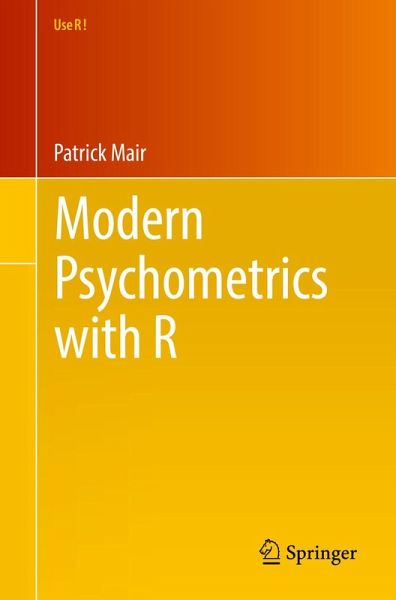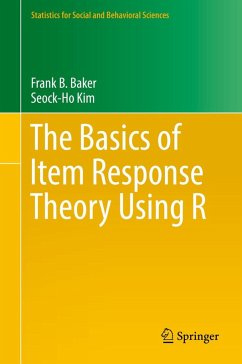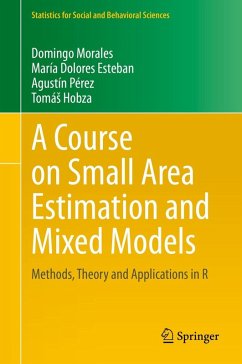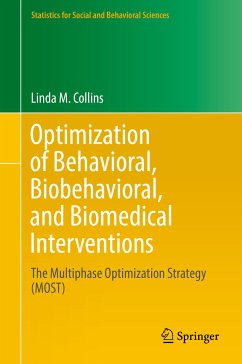
Modern Psychometrics with R (eBook, PDF)
Versandkostenfrei!
Sofort per Download lieferbar
60,95 €
inkl. MwSt.
Weitere Ausgaben:

PAYBACK Punkte
30 °P sammeln!
Fills need in existing literature for textbook on R and Psychometrics
Broadens perspective from classical methods (for instance, latent variable models) to emphasize contemporary methodology (multidimensional scaling, functional data analysis, fMRI analysis)
Accompanying datasets and reproducible code allow readers to move beyond the conceptual
Dieser Download kann aus rechtlichen Gründen nur mit Rechnungsadresse in A, B, BG, CY, CZ, D, DK, EW, E, FIN, F, GR, HR, H, IRL, I, LT, L, LR, M, NL, PL, P, R, S, SLO, SK ausgeliefert werden.












